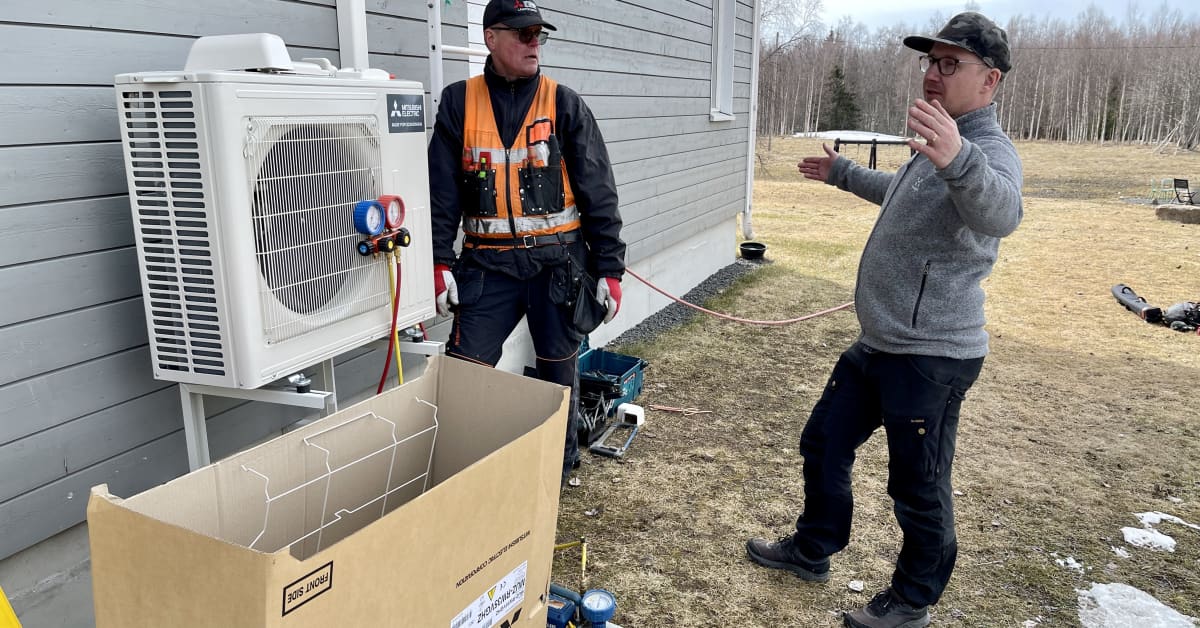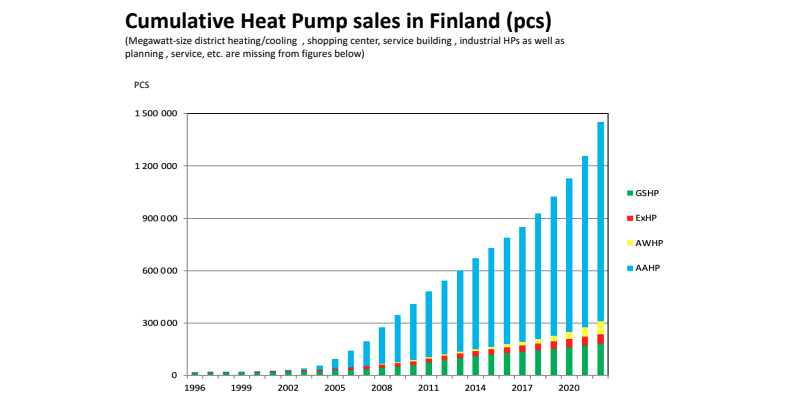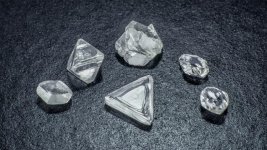This is a general curiosity I have after reading too many TFP build threads. Why do so many people install Natural Gas heaters and/or Chillers, when affordable pool heat pumps exist?
By my accounting you can get a pool heat pump for between $500-$2500 which will have a capacity up to 21 kW. They can both heat and cool the pool, and are up to 10x more efficient than using gas alone. This is even more true in a lot of the climates where people seem to be using heaters, where it’s already fairly warm out.
Why do so few people seem to choose them?
By my accounting you can get a pool heat pump for between $500-$2500 which will have a capacity up to 21 kW. They can both heat and cool the pool, and are up to 10x more efficient than using gas alone. This is even more true in a lot of the climates where people seem to be using heaters, where it’s already fairly warm out.
Why do so few people seem to choose them?






